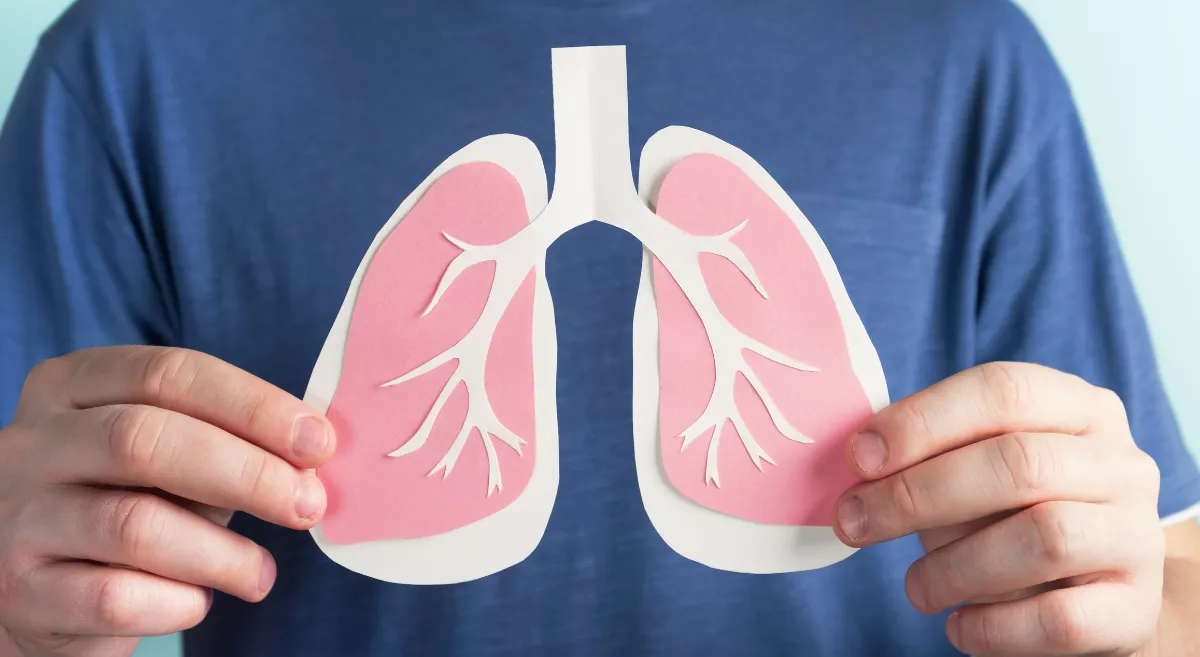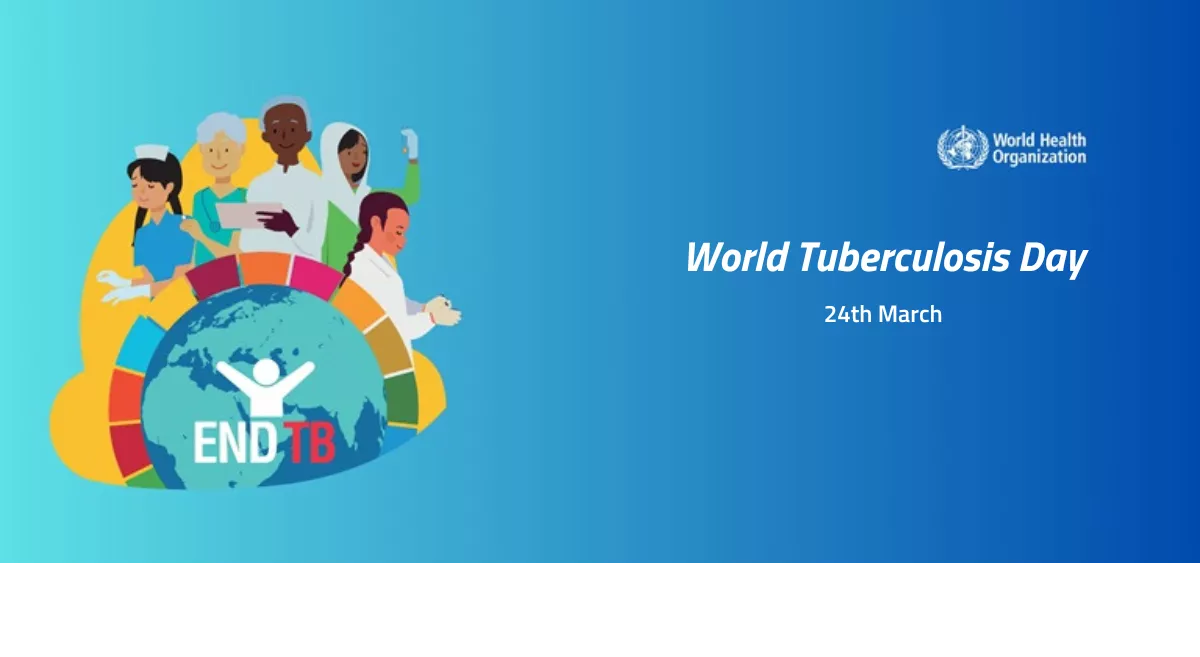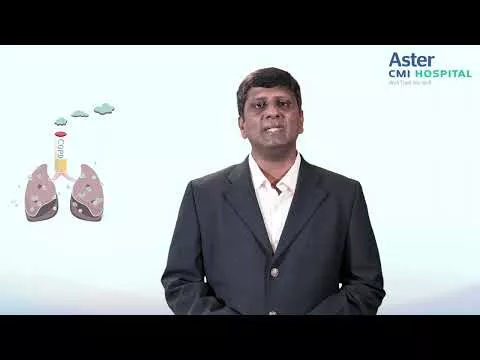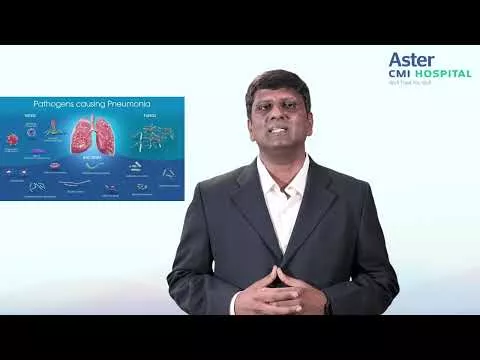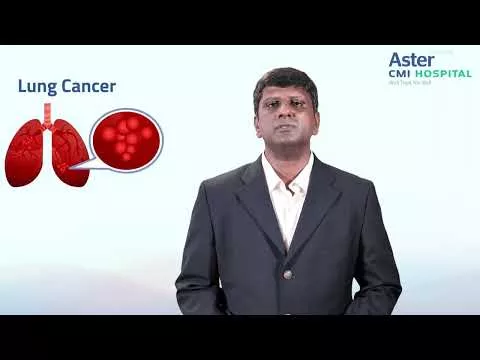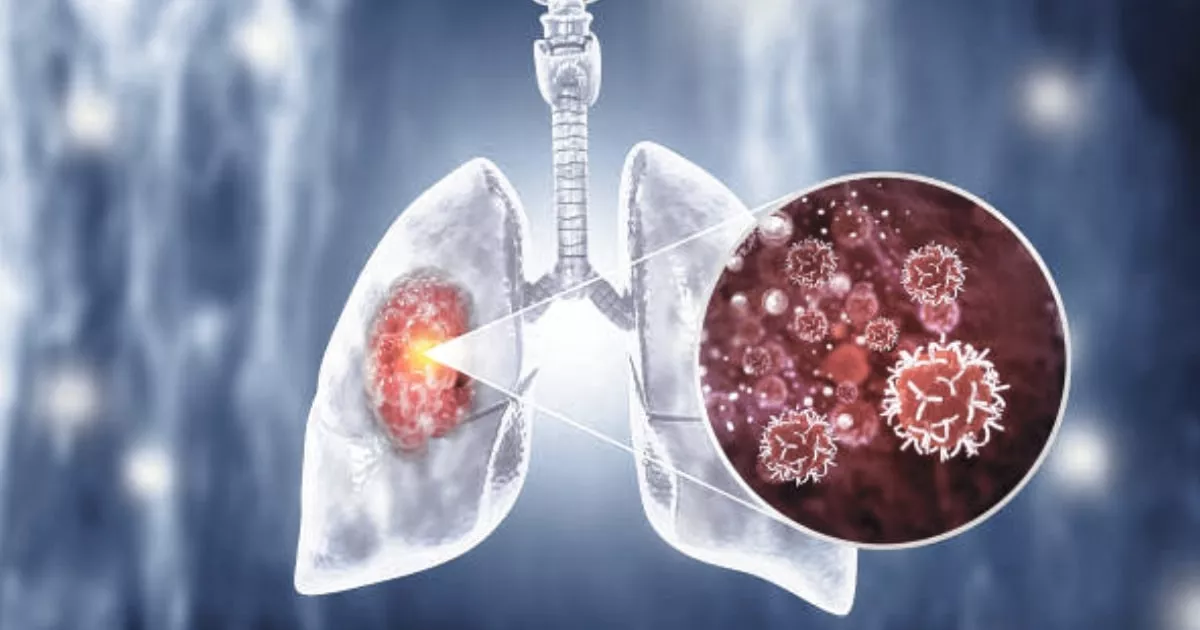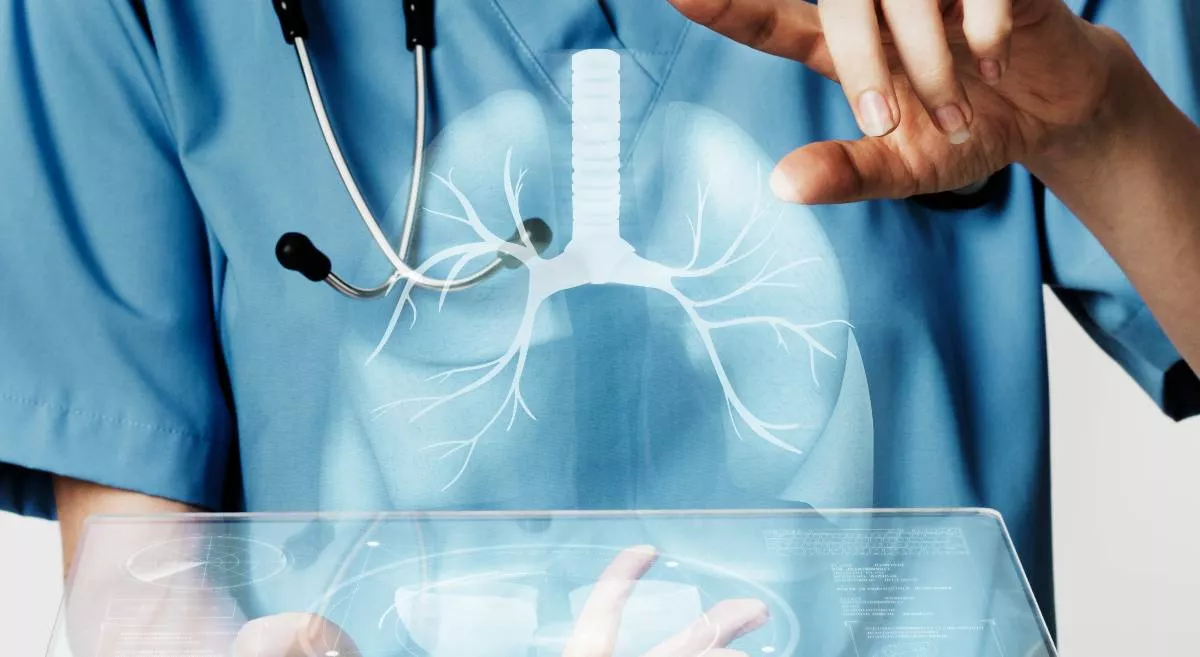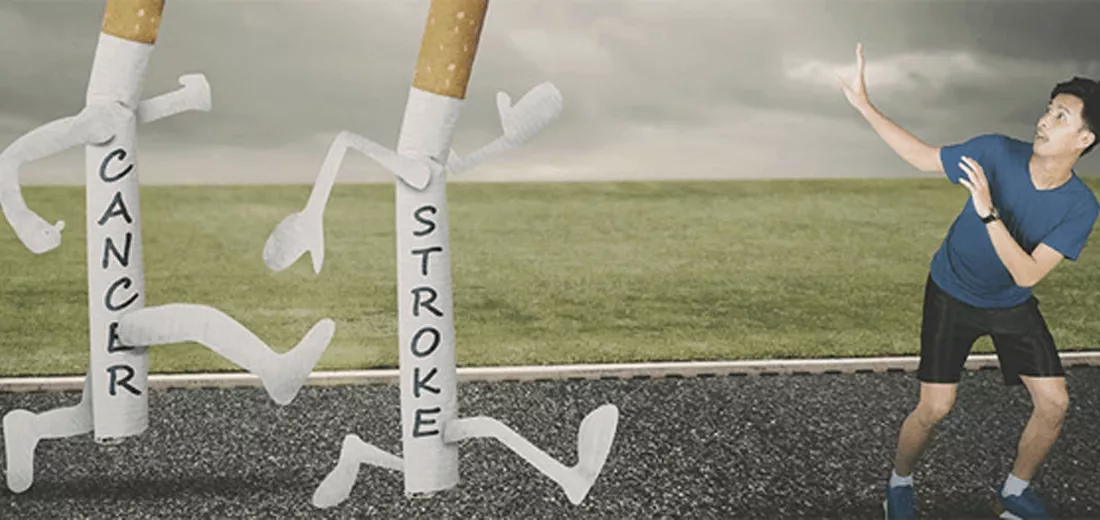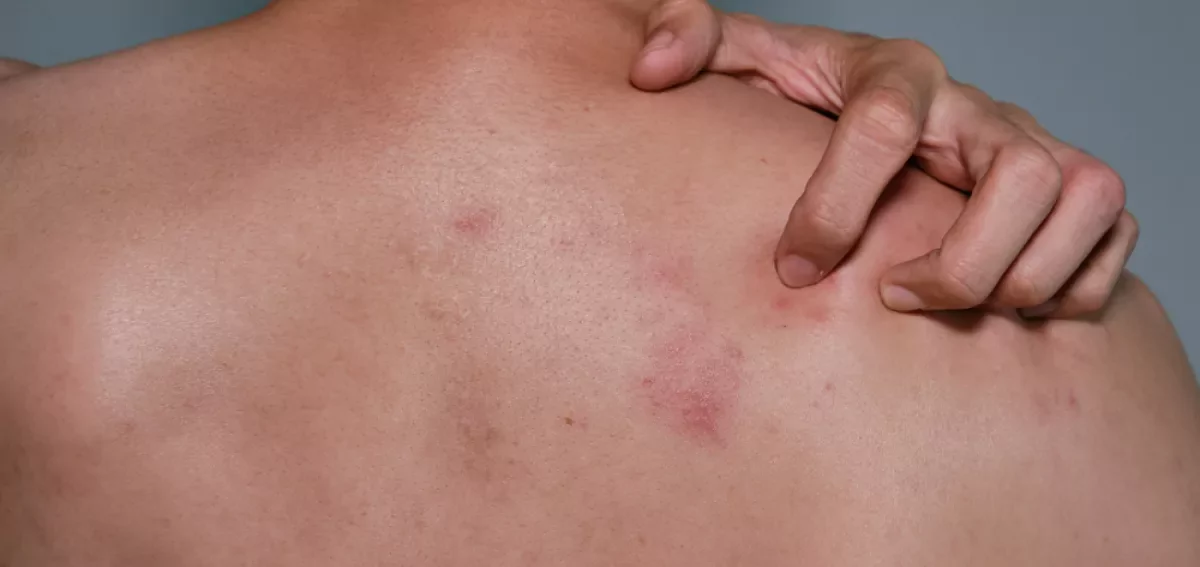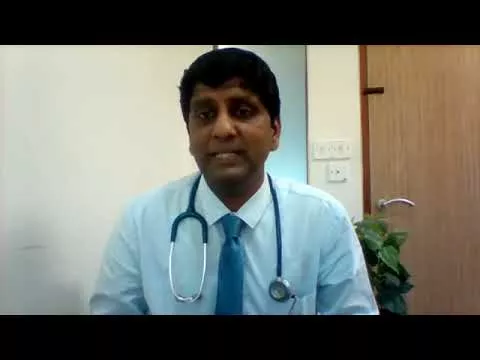Every year on November 12, we celebrate World Pneumonia Day and call for awareness about pneumonia by promoting the fight against this serious respiratory infection. And this year's theme would be "Championing the Fight to Stop Pneumonia," which is related to the understanding of how to know pneumonia, including its symptoms, causes, risk factors, treatment, and preventive measures. Below, we will discuss everything regarding pneumonia, including its symptoms, causes, risk factors, available treatments, and preventive methods.
Pneumonia and its symptoms:
Pneumonia is an infection that inflames the air sacs in your lungs, causing fluid or pus to collect. This may be caused by any pathogen, such as bacteria, viruses, or fungi. Pneumonia is dangerous for anyone but more so for young children, the elderly, or those with weakened immune systems or chronic health conditions.
Symptoms of Pneumonia:
Early recognition of symptoms is essential for effective treatment. Some common symptoms are as follows:
- Cough: Persistent cough that might have phlegm or mucus.
- Fever: Fever over 100.4°F or 38°C, which may also be accompanied by chills.
- Difficulty Breathing: Shortness of breath or difficulty catching your breath even with regular activities.
- Chest Pain: Sharp, stabbing chest pain that worsens with coughing or deep breaths.
- Fatigue: Generalized weakness or exhaustion that may hinder the patient from performing his/her daily activities.
- Confusion: Among the elderly, a state of confusion or even changing mental status can be identified.
Seek immediate attention from a healthcare provider if you or someone has symptoms of pneumonia.
What causes Pneumonia?
Pneumonia can be caused by the following organisms:
- Bacteria: The most common agent is Streptococcus pneumoniae. Other causative organisms include Haemophilus influenzae, Mycoplasma pneumoniae, and many more.
- Viruses: Respiratory viruses, such as the flu virus and respiratory syncytial virus (RSV), are common culprits, particularly in children.
- Fungi: Pneumonia caused by fungi is common in people with weakened immune systems.
Knowing the causes of pneumonia will help in providing effective treatment to the patient.
Risk Factors
Some predisposing factors increase the possibility of developing this disease, such as:
- Age: Children who are below five years and persons above 65 years.
- Chronic Illnesses: Conditions like asthma, chronic obstructive pulmonary disease (COPD), diabetes, or heart disease can increase the risk.
- Weakened Immune System: Individuals undergoing chemotherapy, recipients of an organ transplant, or those with HIV/AIDS are more prone to it.
- Smoking: Smoking damages the lungs and reduces the body's ability to fight off infections.
- Poor Living Conditions: Those in crowded or unsanitary living conditions may have a higher risk of respiratory infections.
How is Pneumonia treated:
The treatment of pneumonia is based on the cause and severity of the infection. Some common treatment options include:
- Antibiotics: Generally, antibiotics are prescribed to the patient for the treatment of bacterial pneumonia. Always take the full course of these antibiotics as prescribed.
- Antivirals: In cases where pneumonia is due to a virus, antiviral treatments are prescribed, especially if diagnosed early.
- Over-the-Counter Medications: Pain relievers and cough medications are prescribed to relieve the pain and make you feel a little better.
- Hospitalization: Hospitalization is sometimes required for severe pneumonia, especially in patients who present with acute onset of dyspnea and other complicating factors.
When to See a Doctor
Recognizing when to seek medical attention is crucial in the fight against pneumonia. You should see a doctor if you or someone you know experiences:
- Difficulty breathing or shortness of breath
- Persistent high fever or chills
- Chest pain that worsens with coughing or deep breathing
- Symptoms that worsen or do not improve with initial treatment
Prompt medical intervention can significantly impact recovery and prevent complications.
Important Things to Know
- Pneumonia is Treatable: While pneumonia can be serious, it is treatable with appropriate medical care.
- Vaccination is Key: Vaccines, such as the pneumococcal vaccine and the flu vaccine, can help prevent certain types of pneumonia.
- Stay Hydrated: Drinking plenty of fluids can help thin mucus and support recovery.
- Rest is Essential: Allow your body to heal by getting plenty of rest.
Best ways to prevent Pneumonia:
The best defense against pneumonia is prevention. Below are some useful approaches toward the same:
- Vaccination: Take the time to vaccinate both yourself and your family for pneumonia as well as influenza.
- Practice Good Hygiene: Wash your hands frequently, especially before eating or touching your face. Avoid close contact with those who are sick.
- Avoid Smoking: Say no to smoking and avoid exposure to second-hand smoke.
- Maintain a Healthy Lifestyle: Healthy eating, regular exercise, and enough sleep can help you have a stronger immune system.
- Manage Chronic Conditions: If you have underlying health issues, work with your healthcare provider to keep them under control.
How can you help in this fight against pneumonia?
Each one of us can play a part in championing the fight against pneumonia. Here are some actionable steps:
- Spread the Message: Share information about pneumonia with friends, family, and your social media networks. This will bring better understanding and proactive measures in your community.
- Encourage Vaccination: Inform and advocate to your peers and community the benefits of vaccination. Encourage parents to ensure their children are vaccinated and to consult healthcare professionals for guidance.
- Participate in Local Initiatives: Engage with local health organizations or community programs focused on pneumonia prevention. Volunteering your time and skills can make a significant impact.
- Support Research: You can support organizations and research initiatives that work on pneumonia prevention and treatment. Contributions can be used to finance important research and outreach programs.
Conclusion
On World Pneumonia Day, let's commit to championing the fight against pneumonia by taking proactive steps, spreading awareness, and helping a person fight it. Learn about its symptoms, causes, and risk factors to make an informed decision. With proper vaccination, good hygiene, and timely medical care, we can all work together to stop pneumonia in its tracks. Let us unite to fight for this; making pneumonia a preventable and treatable disease for everybody.
